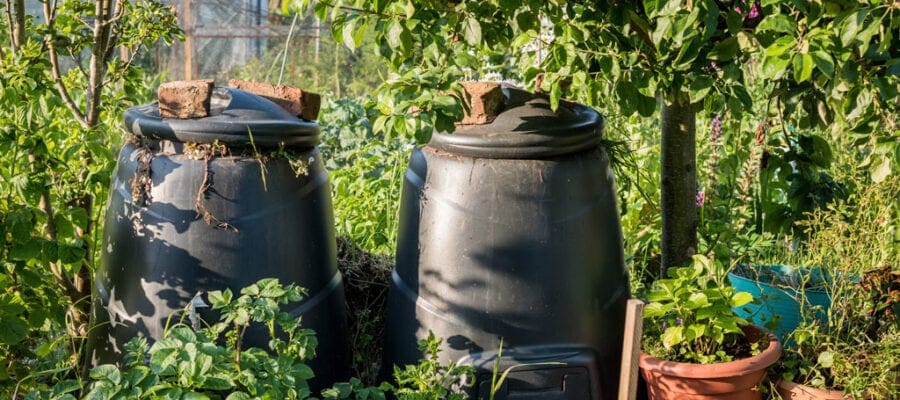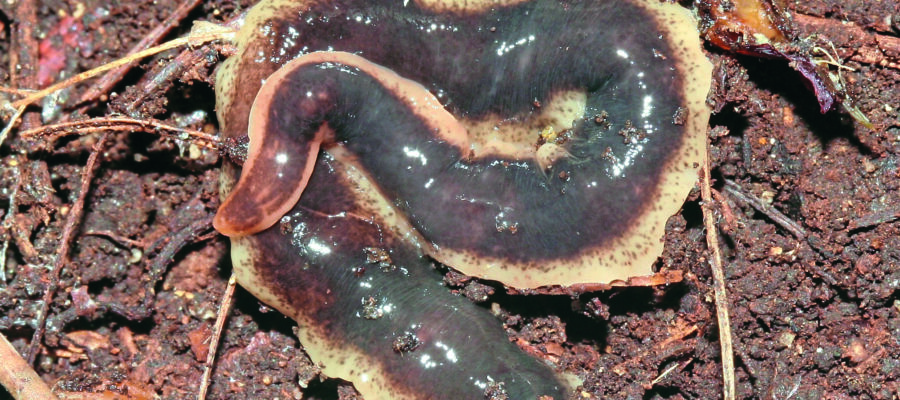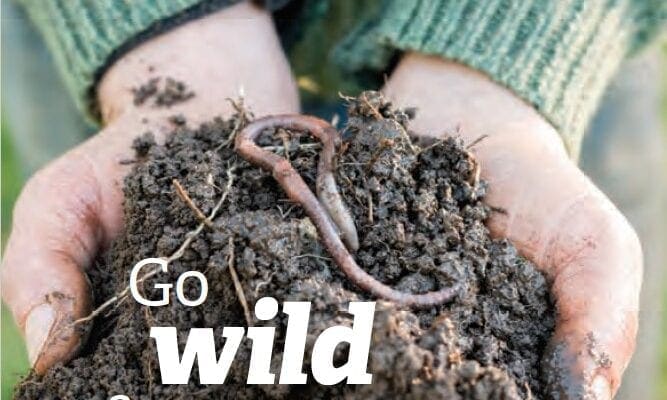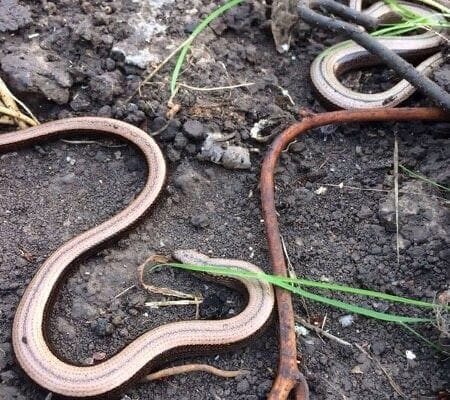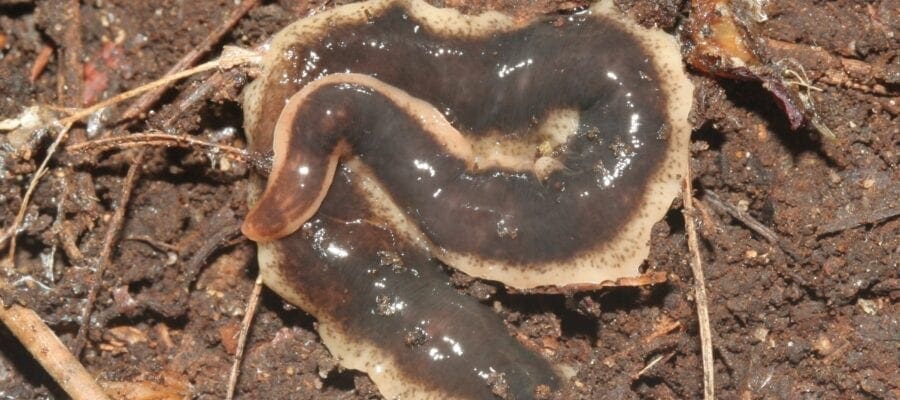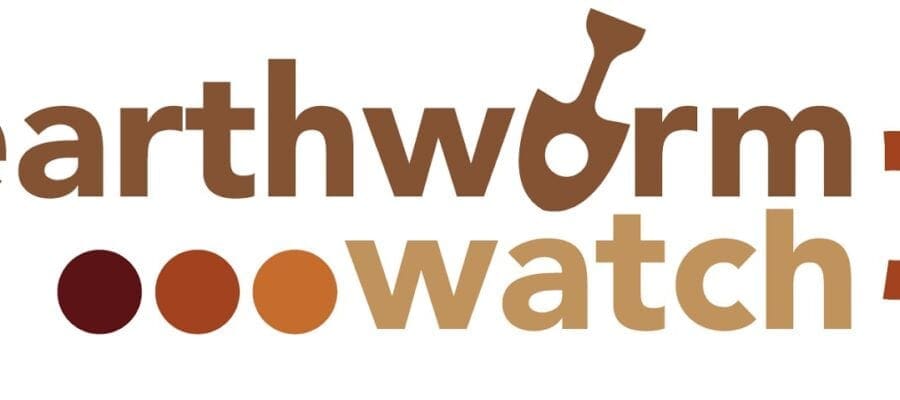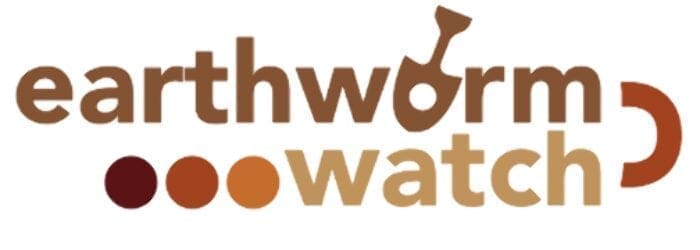Worms
-
Improving your soil
Having good soil is the foundation to producing successful crops. You can get a feel for what your soil type is like by squeezing ahandful. Does it stay together, moulded in asolid lump, or is it crumbly?
-
Ten facts about nematodes
Nematodes are microscopic worms found naturally in the soil which can be applied to tackle different pests To mark the 25th anniversary of Nemaslug, here are ten amazing things about nematodes: · Nematode means ‘thread like’ in Greek. They were…
-
Worms you don’t want
The invasive New Zealand flatworm is entrenched in the north of the country, and slithering south. Gaby Bartai talks to the research team who are on its track By the time you find your first New Zealand flatworm, it’s too…
-
Go wild for worms!
Learn how you can help your garden worms to thrive Gardeners are being urged to create a more welcoming habitat for worms in this year’s Wild About Gardens challenge from the RHS and The Wildlife Trusts – Go Wild for…
-
Fun, frogs and slow worms!
Nicky & Sarah & The Jet Guerillas are a gardening group based in West Sussex, formed to improve their local community through gardening We have a small allotment not far from where we live in Shoreham By Sea. We were…
-
Help track the New Zealand flatworm
Scientists are asking gardeners to help them discover how far the New Zealand flatworm has spread in the UK… …and what effect it is having on the environment. Introduced on imported plant material in the 1960s, the New Zealand flatworm…
-
Help to dig up soil secrets
The autumn relaunch of the Earthworm Watch survey is aiming to inspire gardeners to record the biodiversity beneath their feet. A national citizen science project being conducted by Earthwatch Institute and the Natural History Museum in association with the Earthworm…
-
Watch out for worms!
Gardeners are being asked to sign up to Earthworm Watch Gardeners are being asked to sign up to Earthworm Watch, a citizen science survey organised by Earthwatch, the Natural History Museum and the Earthworm Society of Britain. It’s well known…

